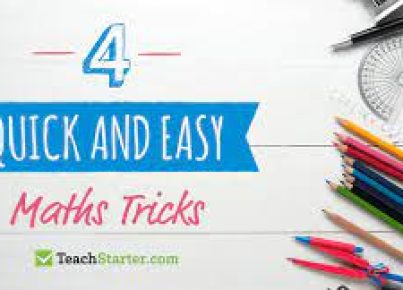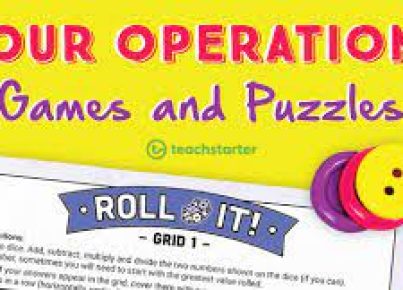Math word problems can be a huge stumbling block for many students, leading to frustration and a lack of engagement in the learning process. With the right strategies and practice, however, students can overcome these challenges and excel in their understanding of mathematical concepts. This article will discuss some common issues students face with math word problems and offer solutions to help them succeed.
1. Identifying the Problem: The first step in overcoming difficulties with math word problems is recognizing the issue at hand. Students may struggle with various aspects of these problems, such as understanding complex vocabulary or deciphering the meaning behind a sentence. Instructors should pay close attention to their students’ struggles, as these insights can be valuable when planning future lessons.
2. Breaking It Down: Another useful strategy is breaking down complex word problems into smaller, more manageable pieces. Teachers can guide students through this process by highlighting key information in the problem and encouraging them to think about how it relates to the overall goal. Additionally, teachers can provide step-by-step instructions or demonstrate examples of successful problem-solving techniques in class.
3. Building Vocabulary: Strengthening students’ mathematical vocabulary is crucial for success in solving word problems. By incorporating a variety of math terms into everyday lessons and activities, teachers can help students become familiar with these words, allowing them to more easily recognize and understand them when encountering word problems.
4. Active Reading: Encourage students to read the problem multiple times, underlining important information or making notes as they go along. Active reading strategies such as this help increase comprehension of complex math language, enabling better interpretation of mathematical concepts.
5. Practice Makes Perfect: It’s essential to provide ample opportunities for students to practice solving word problems regularly. Repetition is key for students to familiarize themselves with both common problem types and recurring themes seen in various problems. Provide worksheets or practice problems that build on previously learned skills, and gradually increase in difficulty as students become more proficient.
6. Making It Fun: To help students maintain interest and motivation, try to incorporate fun activities or real-life examples into word problem lessons. This can make both the learning and problem-solving processes more enjoyable, potentially leading to increased enthusiasm among students facing these challenges. For example, a math problem about buying items at a store can be turned into a role-playing exercise that brings the scenario to life.
7. Encourage Collaboration: Cultivating a collaborative learning environment is beneficial for students struggling with math word problems. By working together, they can offer each other support, share strategies, and learn from one another’s methods. Arrange group activities or discussions where students can discuss their approaches and improve their skills through peer feedback.
In conclusion, while math word problems can be challenging for many students, teachers have several tools at their disposal to make them more approachable and manageable. By breaking down problems, building a strong vocabulary base, encouraging active reading, providing ample practice opportunities, making lessons fun, and fostering collaboration among peers, teachers can help their students overcome these difficulties and succeed in understanding complex mathematical concepts.





